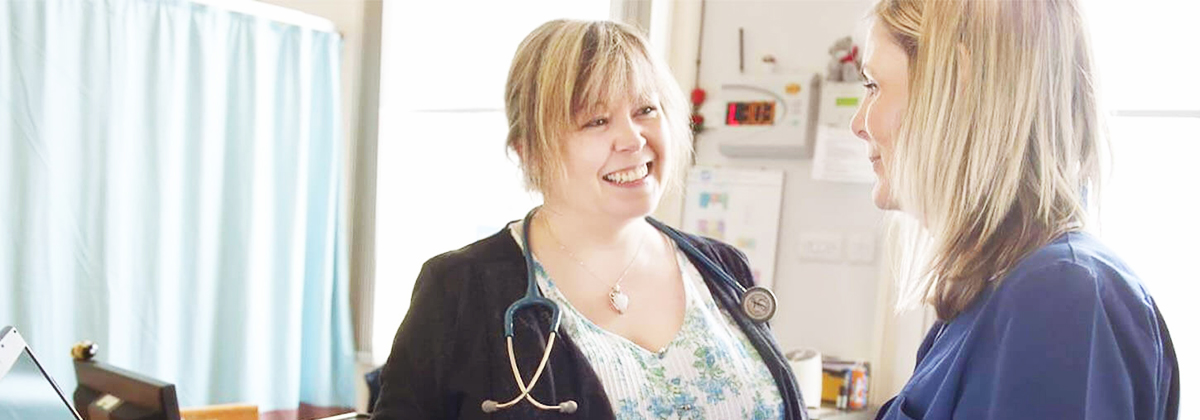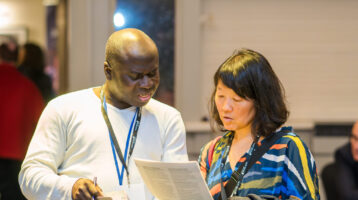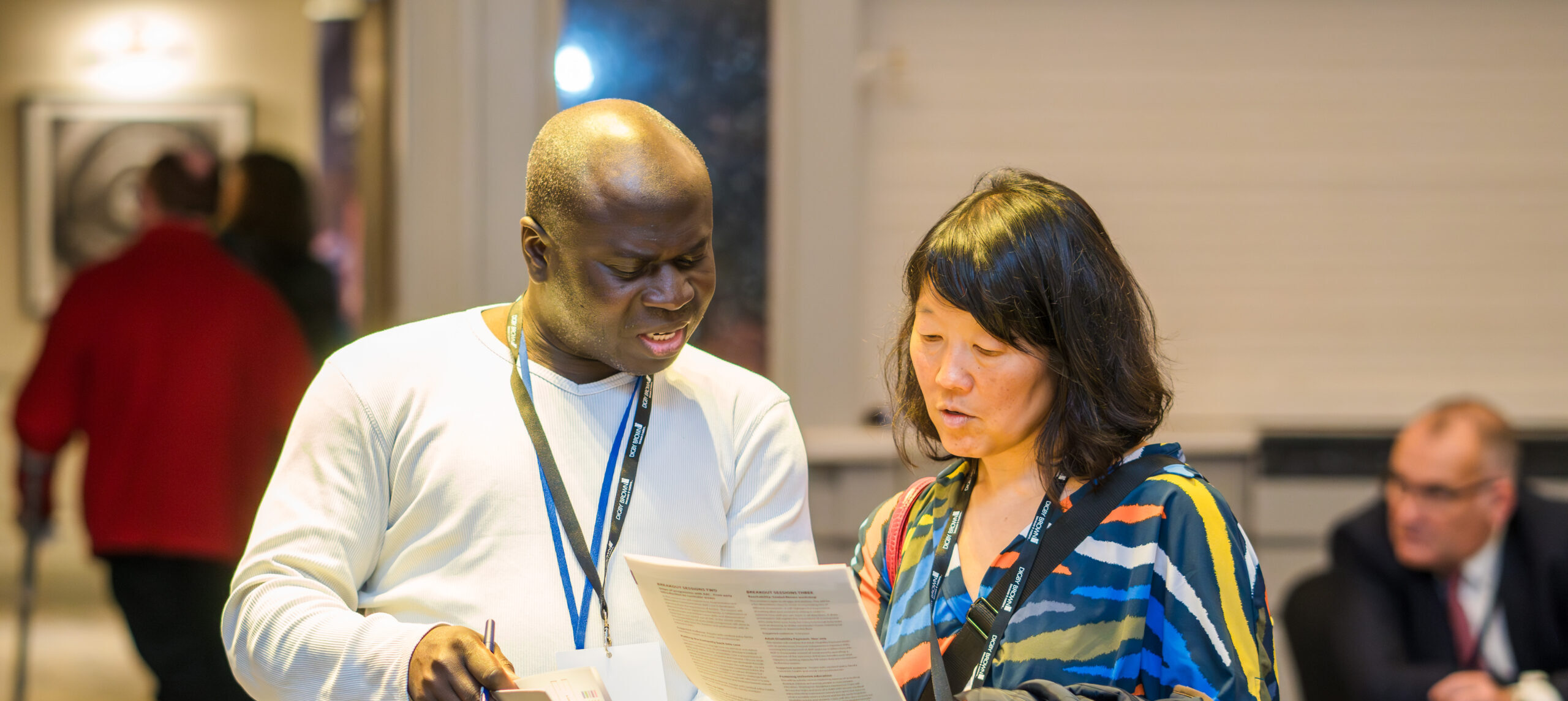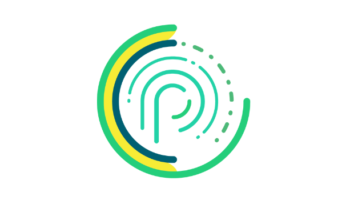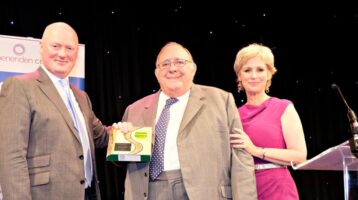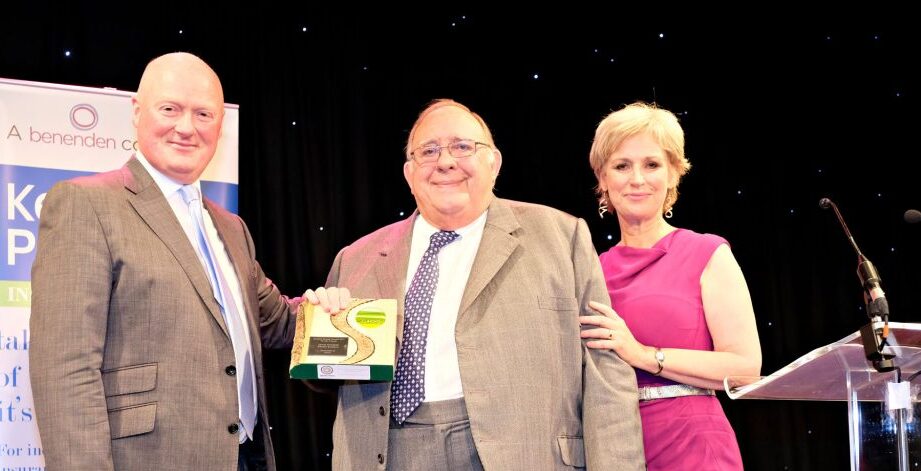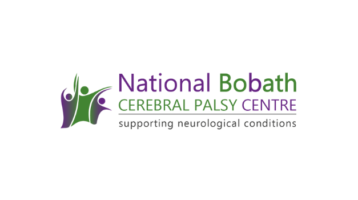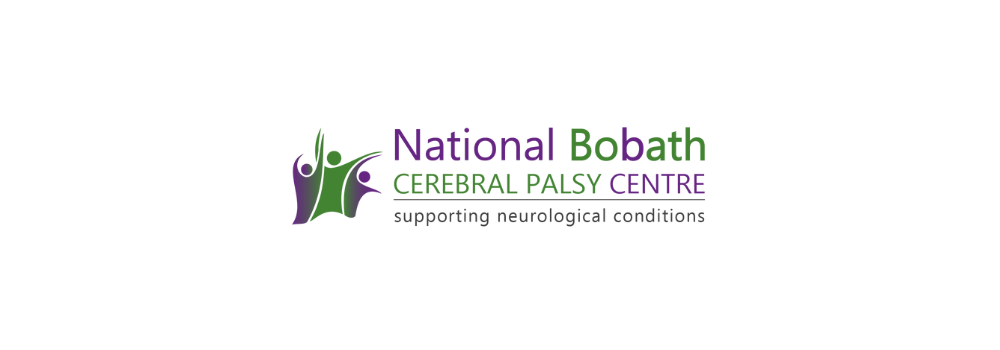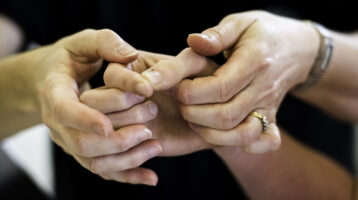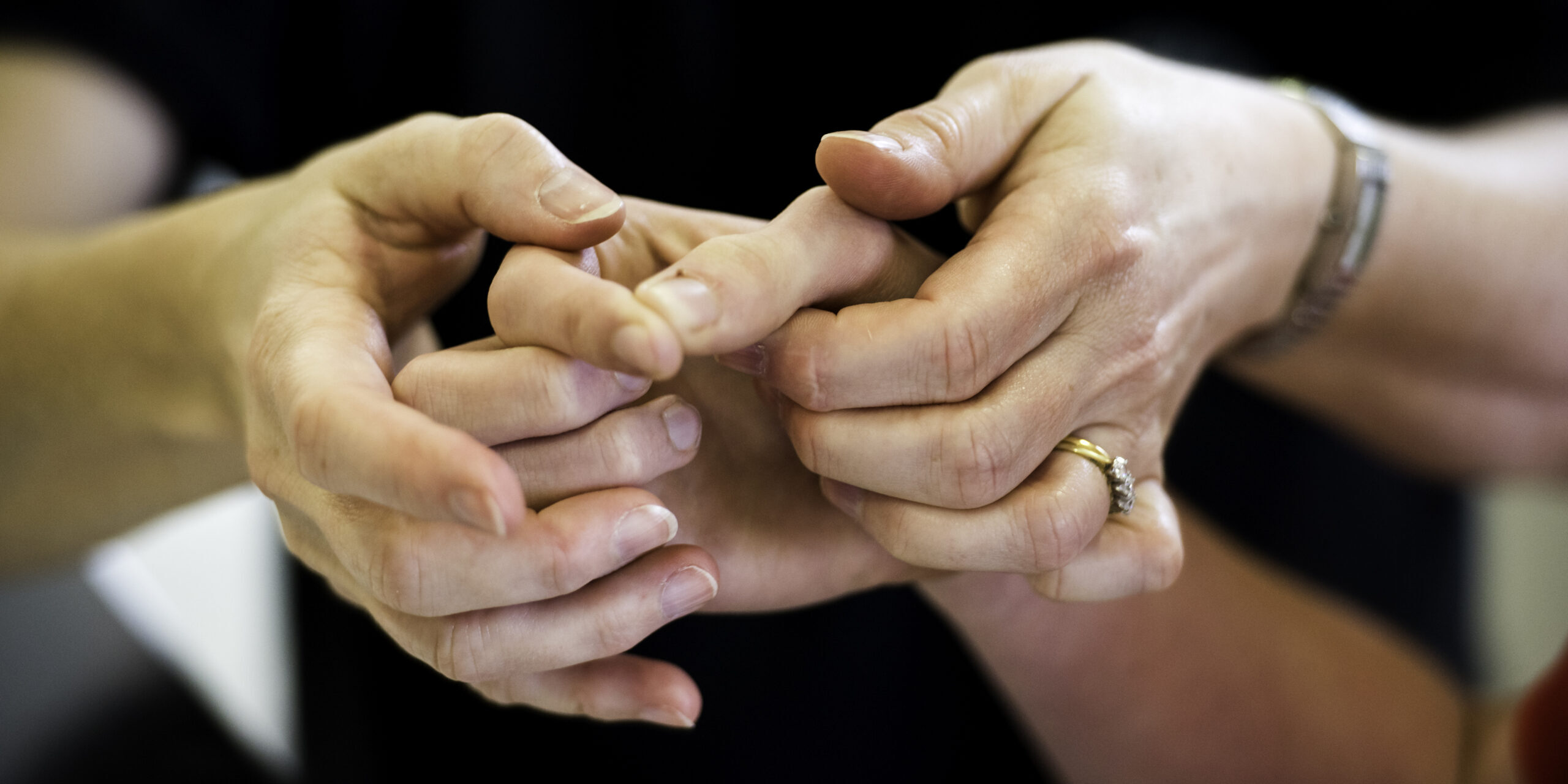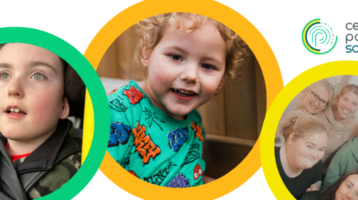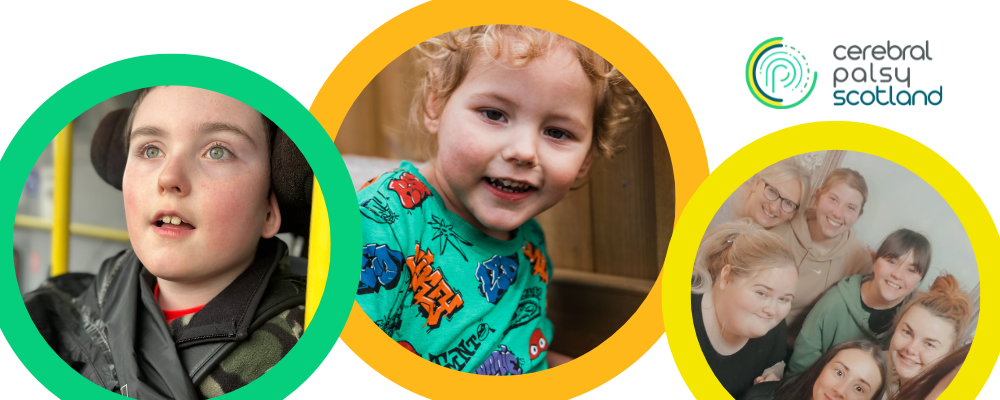Everyone’s journey with cerebral palsy is different and in the early years, a child with cerebral palsy can encounter a number of health professionals. They each bring different expertise and can help a child in unique ways.
Here are more details on what everyone does, how they can help and when you are likely to meet them, if at all.
Paediatrician
Paediatricians are doctors specialising in the care of children. You may meet a paediatrician for the first time in hospital if your baby is born preterm or with problems. Or you may be referred to a Community Paediatrician if your child is not hitting their developmental milestones and your GP or Health Visitor think further investigation is required. In this useful guide produced by Scope you can also find useful suggestions to help you prepare for appointments.
Community Paediatrician
Community Paediatricians specialise in childhood disability. At your first appointment, they’ll take a detailed history and draw up a plan on how best to help your child. They will refer your child to other specialist teams for assessment and follow up on progress every 6 or 12 months. They regularly liaise with schools, school nurses and Education Authorities to make sure appropriate support is provided through the school years.
Neurologists
Neurologists are doctors specialising in disorders affecting the nervous system. Children with cerebral palsy may be seen by a Paediatric Neurologist and may be attending their Complex Motor Disorders Clinic. Neurologists play a key role in the early years as brain tests and scans are conducted to rule out other possible conditions and reach a diagnosis of cerebral palsy. They may also be involved with regard to tone management or if epilepsy is present.
Orthopaedic Surgeons
Orthopaedic surgeons are medical experts with extensive training in the proper diagnosis and both non-surgical and surgical treatment of injuries and diseases of the musculoskeletal (muscles and skeleton) system. Spinal surgeons are orthopaedic surgeons who provide care for patients with conditions of the spine. What? Why? Children in Hospital have also produced a series of videos to help prepare children for any hospital procedures they may need, by explaining and demonstrating what will happen during the procedure.
Health visitor
The key point of contact between you and the various support services is likely to be your Health Visitor. A health visitor will usually visit you at home for the first time around 10 days after your baby is born. Until then you’ll be under the care of your local midwives. They are usually attached to your local GP practice and will visit a child in their home. As the child gets older and their needs become more complex, their key worker is likely to be a social worker.
Social worker
Children and adults with a disability need different kinds of help at different times in their life. Social workers are trained to help families access the help they need. As the first point of contact they can provide practical pointers to services, funding and additional help available through the Local Authority. They may also have a budget for providing short breaks, or other respite services.
Physiotherapist
Physiotherapists help optimise posture and movement and balance and coordination in order to help a person be as fit as possible so they can be an active participant within their communities.
Occupational Therapist
Occupational Therapists (OT) help people of all ages with becoming more independent or to help with participating in everyday activities (occupations) that are important to a person/family.
Speech and Language Therapist
Speech and Language Therapists can help individuals with communication, eating and drinking and saliva control.
Orthotist
Orthotists assess a patient’s needs then measure, design, fit, adjust and service orthoses (such as splints, braces and specialist footwear). They work with other members of the health team to improve mobility and balance, correct deformity and relieve pain. It is important to have any orthosis re-evaluated every 6 to 12 months to make sure it still fits and remains comfortable.
Educational Psychologist
A child with cerebral palsy may have additional support needs or learning difficulties. As the child nears school age a parent may ask their educational authority to make an assessment of the child’s educational needs. This assessment is likely to be carried out by an Educational Psychologist who can help to advise on the best school for the child, as well as highlighting through the Co-ordinated Support Plan what additional help and/or equipment might be needed. Enquire are a good first point of contact for any further advice linked to additional support for learning.
Nutritionist / Dietician
Children and adults with CP may find getting the right amount of nutrients a challenge for a number of reasons:
- Frequent infections
- Eating, drinking, swallowing problems
- Need a modified consistency diet (e.g. soft or pureed food)
- Rely on others for eating
- Poor appetite due to gastro-oesophageal reflux or constipation
- Eating may be very effortful and take a long time
- Sensory difficulties that make eating difficult may cause a child to turn away, refuse to eat, bite down or vomit
- Weight problems due to their difficulty with movement
